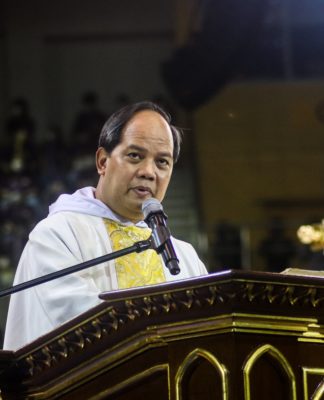Like the Reserve Officers Training Corps (ROTC), the party list system in the Philippines has good and sound intentions based on the laws that created it. But alas, the party list system and the ROTC are no longer true to their objectives—they have been bastardized by people with cruel and selfish intentions. But the party list system should not be abolished like the ROTC (I am for the abolition of ROTC, but of course, with reservations). The problems of the party list system owe to the law itself and the confusion of the Comelec in implementing it. Specifically, the law cannot satisfactorily define what groups enjoy the privilege of the party list.
The Comelec had failed to screen the party list groups from the very start because of the confusion of the law.
Looking back, the party list system was just carried over from the 1972 Constitution during the heyday of Marcos when there was an attempt to shift to the parliamentary system. Significantly, during the 1987 Constitutional Convention, the delegates deemed that the party list system be retained because it would beneficial to the people.
Given all these, the Comelec should have been strict in screening the application of groups in the party-list election Because of the Comelec’s laxity, MAD and other pseudo party list groups were allowed to join the elections. Surprisingly they won. Their proclamation was stalled when their legitimacy was challenged in the Supreme Court. In answer, the tribunal issued an eight-point guideline which enabled the Comelec to disqualify MAD and political groups from the party list.
MAD and the other affected groups are now protesting. But they have only themselves to blame. These pseudo party list groups knew they were not part of a marginalized sector in the society. Come to think of it, MAD is a semi-government organization that had received state funds. It could not lay claim to drug victims as a marginalized sector because the government has programs for drug victims. To be sure MAD is neither a marginalized sector nor an underrepresented one. In the Philippine context, marginalized sectors include indigenous people, the urban poor, and rural farmers and fishermen.
* * *
It is ironic that Cardinal Sin opposes the Catholic Bishops Conference of the Philippines’ move to implement tithing or the collection of 10% of the income of the laity. According to him, “What the Church needs now more than anything is piety than tithing. And talking about the issue is irrelevant when the poor are suffering.”
True enough, how can the people pay tithes if their total income does not even buy them three meals a day. Again, the intention is good—abolition of church services fees—but tithing is not yet applicable to the Philippines setting—a country where the percentage of the poor is big.
Another thing. How could the Church enforce tithing among Catholics if it couldn’t even convince them to religiously go to mass every Sunday.
Since the Church is exempted from taxes, the more it should provide for services without charge.
What is for Caesar is for Caesar’s. Our Lord does not need and does not deserve money. What he wants is for His people to follow, obey, and remain faithful to Him.















